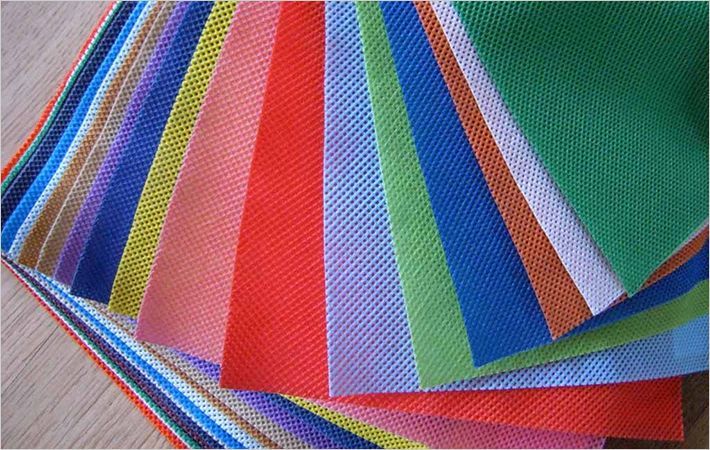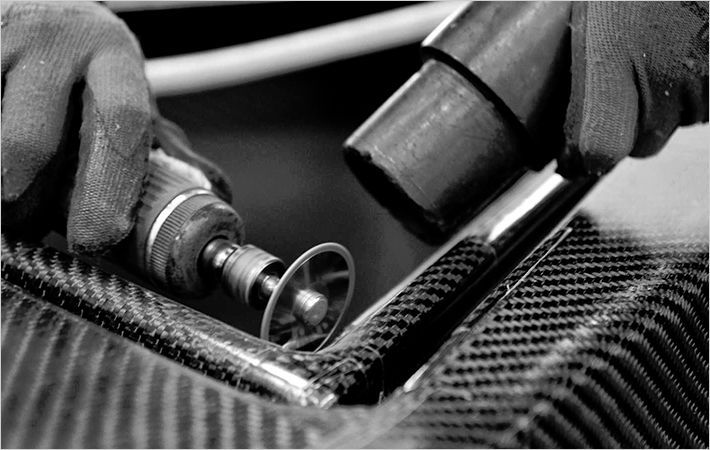Germany's carbon company, the SGL Group, is set to present innovative material concepts for large-scale automotive production applications at Composites Europe Trade Show 2016, the 11th European trade fair and forum for composites, technology and applications, to be held in Düsseldorf, Germany, from November 29 to December 1, 2016, in booth C07, hall 8b.
Visitors will find the entire range of fibre-based semi-finished products made by SGL Group, including the new thermoset semi-finished products, which are already being used in their first automotive industry projects.Germany's carbon company, the SGL Group, is set to present innovative material concepts for large-scale automotive production applications at Composites Europe Trade Show 2016, the 11th European trade fair and forum for composites, technology and applications, to be held in Düsseldorf, Germany, from November 29 to December 1, 2016, in booth C07, hall 8b.#
An innovative concept in the fibre-reinforced thermosets sector that will be introduced by the SGL Group at the trade show is a complete material tool box consisting of pre-impregnated semi-finished products based on the new “Snap-Cure” epoxy resin developed in-house. This E420 epoxy resin system combines very fast curing times with good storage stability. The pre-impregnated semi-finished products also have optimised tack for automated processing. The high glass transition temperature of 140 - 150°C enables the component to be demoulded at high temperatures. These materials are supplied on the basis of SIGRAFIL 50k carbon fibres and as glass fibre-reinforced semi-finished products.
New lightweight design concepts exploiting the particular advantages of individual semi-finished products (for example UD versus isotropic) help satisfy the requirements for cost-efficient, sustainable large-scale manufacture of CRP components in the automotive industry.
Stefan Geh, head of product groups at SGL Group said, “The various materials in our new material tool box can be flexibly combined and processed, so offering maximum design freedom to users. At the same time, they reduce the complexity involved in the qualification and production of components. This is because they are based on the same resin system, enabling a high degree of standardisation to be achieved and ensuring excellent compatibility between the different semi-finished products.” (GK)
Fibre2Fashion News Desk – India

